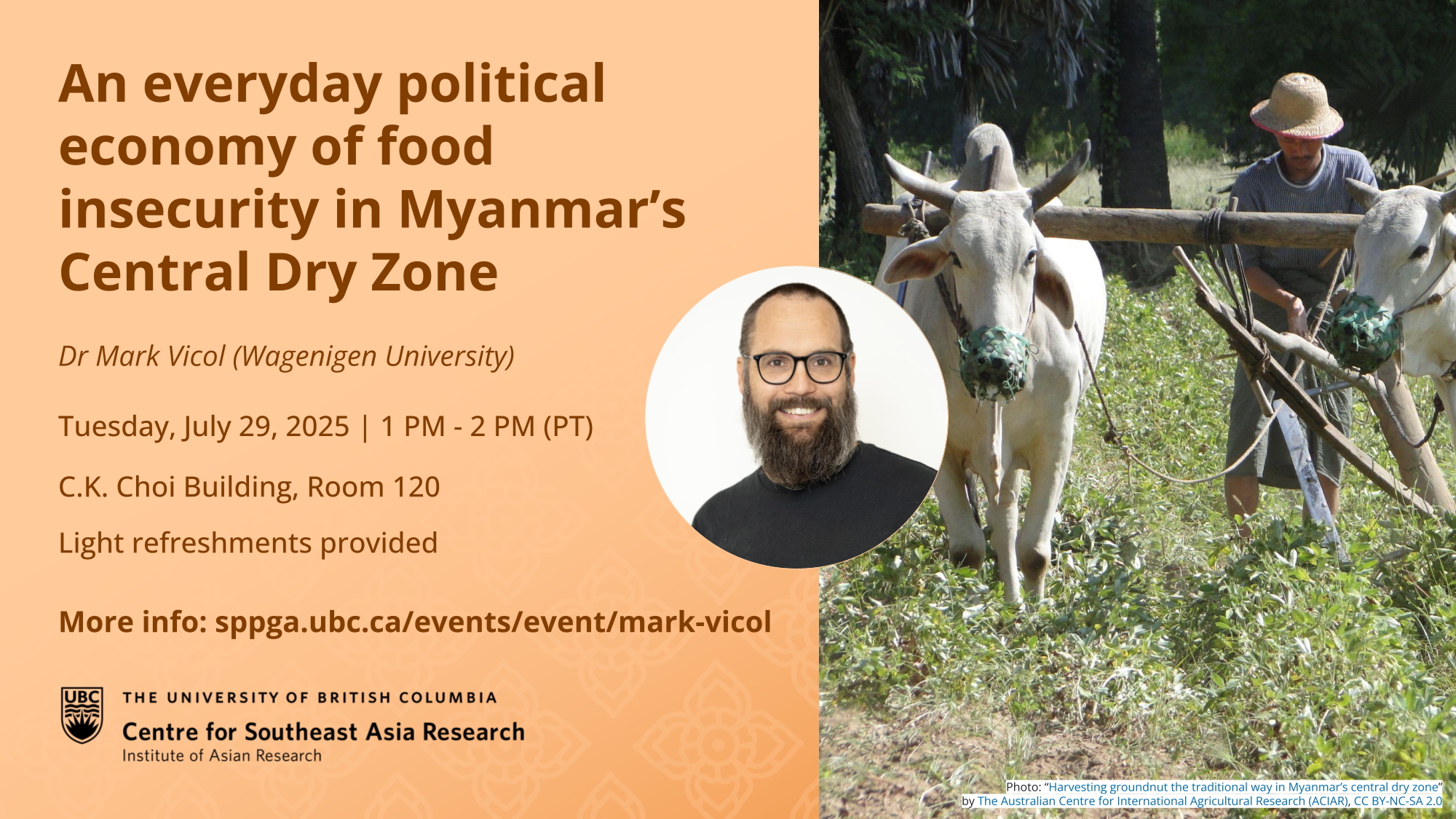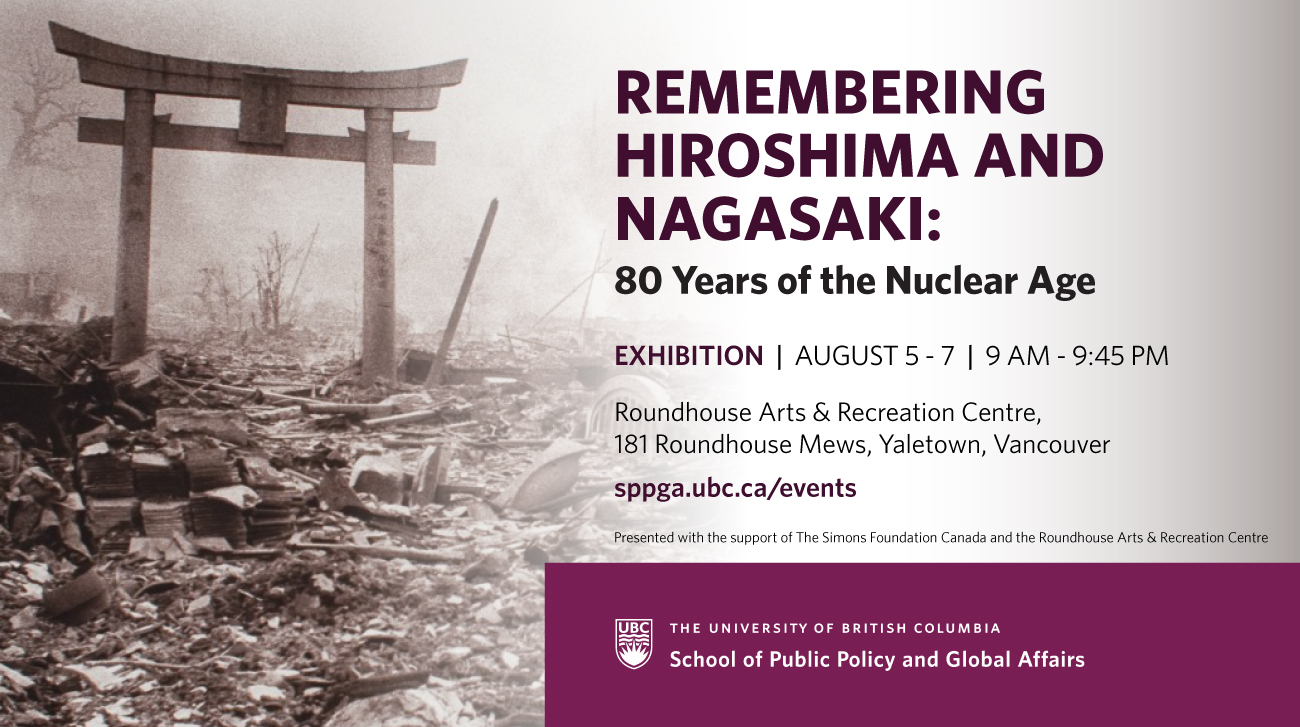Due to progressing globalization in education and demographic change, the education systems of numerous countries have undergone rapid changes over the last two decades. In the case of Japan, two main developments affect education today: (1) steadily decreasing student populations; and (2) the reorientation of education towards relaxation (yutori) and internationalization (kokusaika). Both these trends were believed to make the Japanese shadow education industry, a vast private education market supplementing students’ educational careers, superfluous. However, shadow education in Japan remained surprisingly strong. Hence, the author addresses the question how Japanese shadow education manages to remain strong despite these unfavorable circumstances. Previous research simply missed to discuss this topic, even though a strong dependence on shadow education has major implications for a national education system in terms of educational quality and opportunities as well as social inequality issues. Based on the author’s recent fieldwork and data collection, the ongoing success of shadow education in Japan is explored in relation to these changes. Findings show that the originally highly specialized supplementary schools, the juku, have expanded their range of supply and taken on additional functions to respond to changing educational demands. In conclusion, these findings imply that instead of vanishing, the juku-industry further gains importance as educational gap-closer and authority in educational and social matters. Juku increasingly take on functions outside their original purview such as care, counseling and guidance and thus achieve many of the yutori education goals that regular schools struggle to accomplish. The author argues that the evaluation of the development of a country’s shadow education system allows conclusions about the state of progress and the success of educational reforms in the regular schooling system as well.
Bio:
Steve R. Entrich is a research assistant and lecturer at the Chair for Social Scientific Educational Research and the vice-speaker of the Department for Education at the University of Potsdam. He graduated with a Master’s degree in History and Educational Sciences at the same university, before studying Japanese at the Humboldt University, Berlin. Currently, he pursues his PhD in educational sociology focusing on shadow education in Japan, wherefore he carried out fieldwork as a “visiting graduate student” at Dōshisha University, Kyoto, and as a scholarship fellow at the German Institute for Japanese Studies, Tokyo, in 2012 and 2013.

